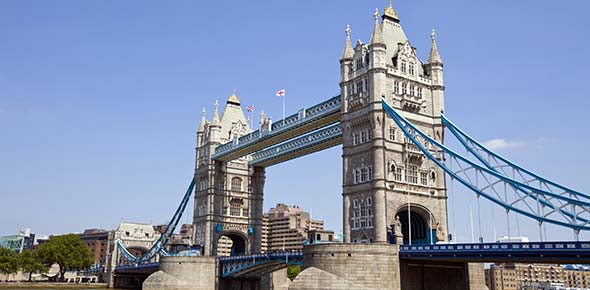Related Flashcards
Related Topics
Cards In This Set
| Front | Back |
|
T/F If you have a dispute with a credit card purchase, pay the bill first.
|
F
|
|
When a credit card is lost or stolen, the law placed the principal risk of loss on the cardholder
|
F
|
|
If a debtor does not pay, the secured party has the right to repossess the goods
|
T
|
|
All debts may be discharged under the Bankruptcy Reform Act
|
F
|
|
Open-end credit may be increased by the debtor, up to a limit set by the creditor.
|
T
|
|
They party who buys goods on credit or borrows money is called the
|
Debtor
|
|
Charge accounts are examples of q
|
Open end credit
|
|
The propert pledged by the debtor as security for the debt is
|
Collateral
|
|
If unauthorized charges are made on a credit card before the issuing company is notified, the cardholder is liable for
|
50$
|
|
To assist consumers who recieve bills fro the charges they dispute, Congress passed the
|
Fair Creit Billing Act
|
|
Party who buys goods on credit or borrows money
|
Debtor
|
|
Credit that can be increased by the creditor by continuing to purchase foods or services on credit
|
Open end
|
|
Fee the borrower pays to the lender for using money
|
Interest
|
|
Loan in which credots obtain an interest in something of value for which they will be paid in the debotr goes not pay
|
Secured loan
|
|
Credit extended only for a specific amount of money and that cannot be increased by making additional purchases
|
Closed end
|




